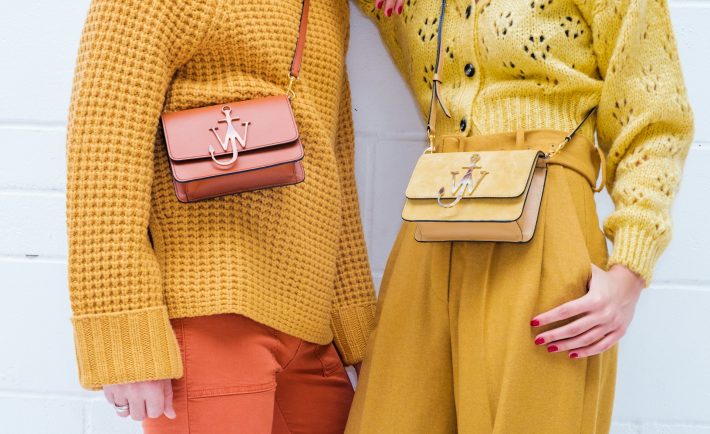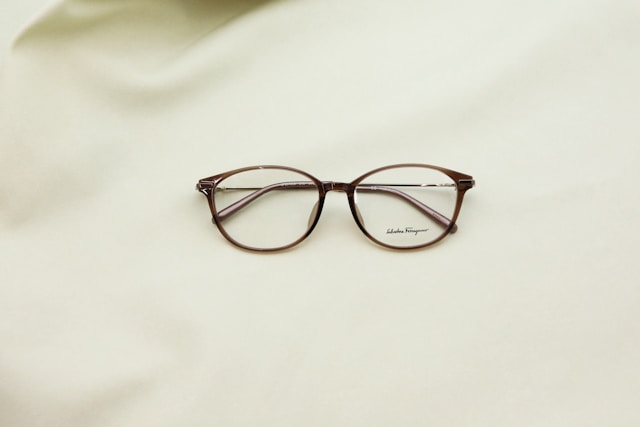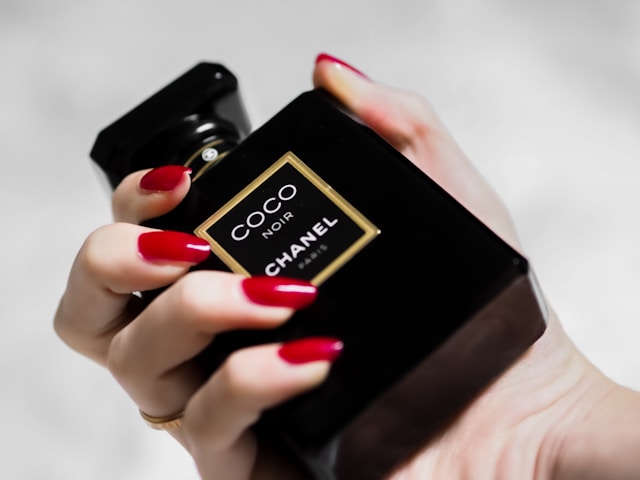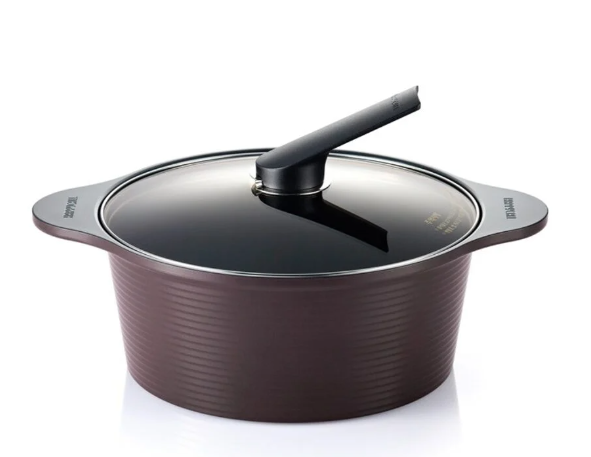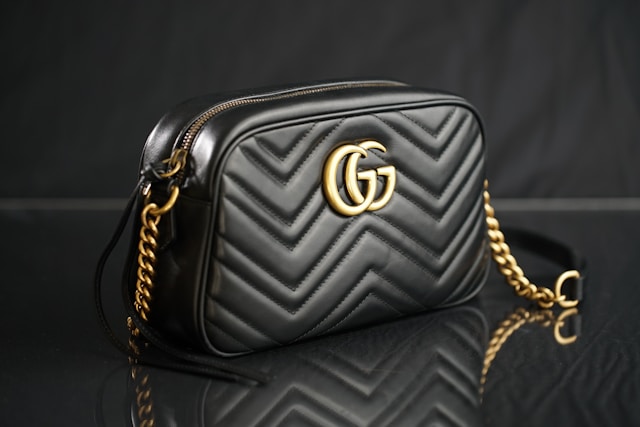Luxury has long been associated with exclusivity, craftsmanship, and status. But beyond the gleam of designer handbags and the allure of high-end skincare lies a deeper psychological pull.
Why do we crave luxury? Let’s break it down.
#1: BECAUSE YOU DESERVE IT
In a world where burnout is practically a badge of honor, luxury becomes a form of self-care. With constant stress, low wages, and an endless stream of bad news, splurging on something expensive can feel like a well-earned escape.
This phenomenon, known as hedonic consumption, explains why people turn to luxury goods as a way to soothe themselves. It’s that fleeting moment of indulgence where owning a designer piece makes you feel like a celebrity, even for just a second.
Admit it, we’ve all justified a splurge by telling ourselves: “Money will come back. I deserve this.”
#2: KEEPING UP WITH SOCIAL MEDIA
Social media has turned luxury into a never-ending trend cycle. One minute, it’s a Bottega Veneta bag; the next, it’s the latest “It” shoe. Don’t get me started with watches! With influencers flaunting high-end hauls and celebrities celebrating milestones with designer splurges, it’s easy to feel like luxury isn’t just a want.
Platforms like Instagram and TikTok fuel this culture with hashtags like #TreatYourself and aspirational content featuring curated skincare routines, extravagant “galentines,” and designer-filled shopping sprees. The message? Indulgence is essential to self-care.

Image Credits: unsplash.com
#3: LUXURY IS THERAPY
Luxury shopping isn’t always about status as it’s often about emotional regulation. Research by Selin Atalay and Margaret Meloy (2011) found that people in a negative emotional state are more likely to splurge on luxury goods, hoping to boost their mood.
But here’s the catch: while shopping might offer temporary relief, the guilt that follows can sometimes outweigh the initial excitement. Harri T. Luomala’s study (2002) found that excessive spending can ruin an already content state of mind, making it a double-edged sword.
#4: IRRATIONALITY OF LUXURY
Luxury shopping isn’t always rational. A well-made, durable handbag can cost around S$100, yet many willingly drop thousands on a designer version that serves the exact same purpose.
Why? Behavioral psychology suggests that luxury purchases often stem from an emotional rather than logical place. It’s about perceived value, exclusivity, and the status attached to the brand (sometimes more than the actual product itself).
#5: LUXURY AS SOCIAL CURRENCY
Luxury is often more than craftsmanship and quality—it’s a status symbol. Many people buy designer items not just for their design but for the brand’s logo, a clear signal of wealth and success.
The downside? Some stretch their finances thin to keep up with the illusion, falling into debt just to own a coveted piece. Luxury can be aspirational, but for some, it becomes a financial trap.
#6: NEED FOR UNIQUENESS
At its core, luxury is about exclusivity. Being able to afford it already puts you in a minority, making it feel even more special.
Wealthier consumers often gravitate towards brands that exude authenticity and timelessness, reinforcing the idea that true luxury is about more than just a price tag.
IN A NUTSHELL
While there’s nothing wrong with indulging, understanding why we crave these things can help us make more mindful, guilt-free choices. So the next time you feel the urge to splurge, ask yourself: Is it about the product, or the feeling it gives you?
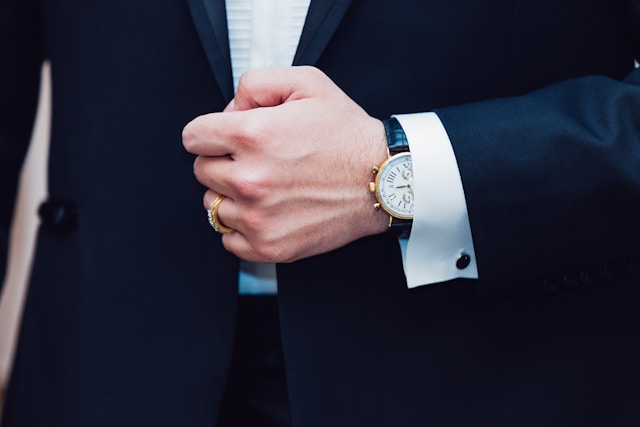
Image Credits: unsplash.com


